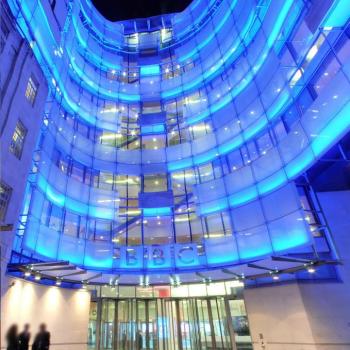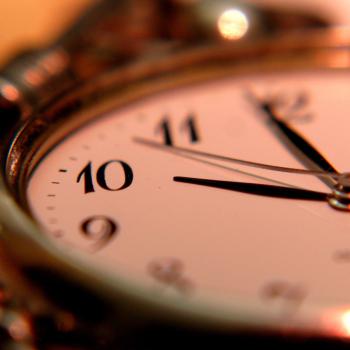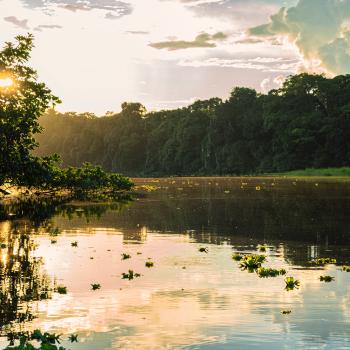Is there a place in Islam for gay tendencies and homosexual acts? Professor Sherman Jackson, Professor of Arabic and Islamic Studies at the University of Michigan, responds.
Arsham, a gay Muslim from Iran, compares a homosexual in his country to a person who opens his mouth to speak only to find his words caught in the throat. "His cry has been suppressed. It's a heavy silence," he says. It is only in exile that Arsham expects to find the freedom to be both gay and Muslim. Eventually, he travels to Toronto, where the camera captures his emotional arrival. Tearfully, he says he used to wonder, "How can I be free when so many others [in Iran] can't?"
Gay men like Arsham, particularly those from Egypt and Iran where homosexuality is criminalized, have increasingly sought asylum in the West. Yet Sharma questions whether any devout gay person can be free--in the East or West--when religion is narrowly defined by the clergy. To illustrate the point, we are introduced to gay refugees in France who wrestle with their interpretation of the Koran's passages on homosexuality.
In two scenes that spotlight the tension between Islam and homosexuality, a Shia imam in India and a Sunni imam in South Africa each are shown counseling a gay disciple to pray for deliverance from the malady of homosexuality. As the camera pans from the imam to the man absorbing the impossible advice, the scenes become tragically ironic. "I can't choose to be another way," Qasim, one of the gay disciples, dryly notes.
The struggle of each gay Muslim in the film is one with which some gay Christians and Jews in the United States can surely identify. "In this country, for example, the evangelical right-wing is as shrill in its condemnation of homosexuality and in its opposition, for example, to gay marriage...as are many Muslim clerics," Sharma explains. "How are they different?"
What do you think?
Join the discussion on homosexuality in Islam.
Sharma's film offers no pat answers to the questions posed by its gay and lesbian subjects. Their struggle to create space in society to be both gay and devoutly Muslim often takes the form of interpreting the Koran differently than the Muslim clerics. (Indeed, Sharma says there has been a long history of Muslims adopting alternative understandings of scripture.) Others seek asylum in France or Canada, or pursue gay lifestyles in secret. Ultimately, the film succeeds by opening "a completely different discourse on Islam," as Sharma puts it. At a time of mounting Islamophobia, A Jihad for Love recasts Islam as a religion that inspires deep devotion among its adherents, even in gay Muslims so often marginalized by clerics and culture. Theirs is a quest for love, not war.
- Trending:
- Pope Leo Xiv
- |
- Israel
- |
- Trump
- |
- Social Justice
- |
- Peace
- |
- Love
Gay Muslims in the West
July 07, 2009
Page: 2 of 2
more at patheos




